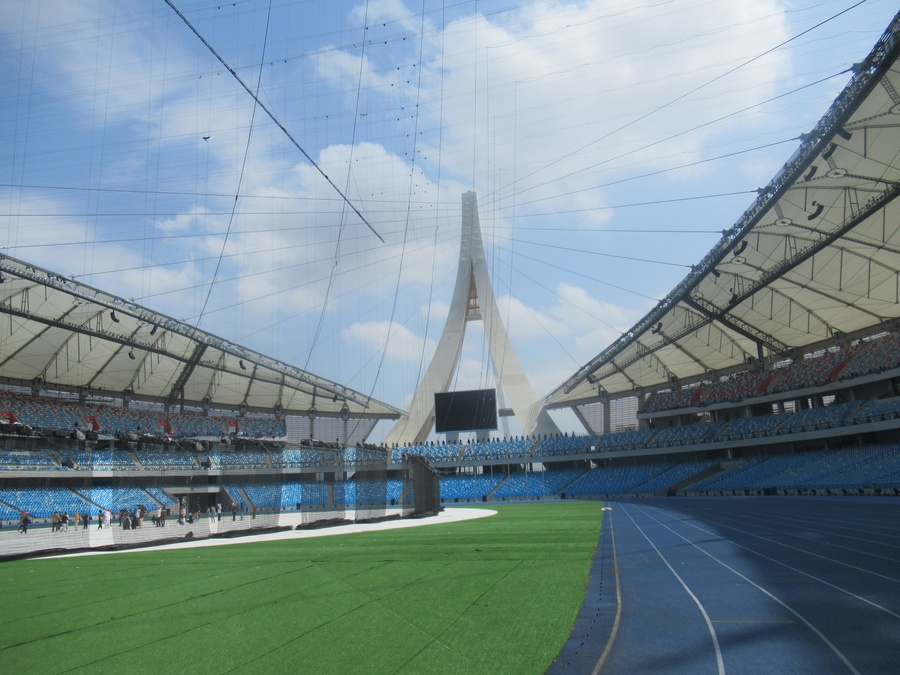Phnom Penh, Cambodia, May 7, 2023: The SEA Games in Cambodia has quickly become known as the “Free Games” thanks to the generosity of the Royal Government.
Under the leadership of the Prime Minister, Hun Sen, Cambodia is paying for all the accommodation and food of the 10,890 athletes and officials from the 11 National Olympic Committees gathered here for the 32nd South East Asian Games.
In addition, the hosts are offering free tickets to the public for all sports competitions as well as the opening and closing ceremonies, and is not charging any broadcasting fees for the TV companies around the region.
“The ‘Free Games’ is a new concept in our history and has great significance for every participant,” says Vietnam Olympic Committee Secretary General Tran Van Manh.
“The Royal Government of Cambodia made the decision to make this a ‘Free Games’ because they would like to develop the economy.
“When they support the other countries and provide a ‘Free Games’ it means that many athletes have come. If the countries have to pay for every athlete they must consider their budget – but now every National Olympic Committee sends athletes to join all sports.”
Tran can see the long-term benefits of this decision, which he estimates to have cost the Royal Government of Cambodia between 8 million and 10 million USD.
“Lots of people have come and lots of people are supporting the games, and there are also many sponsors. After the games there will be a lot of investment and tourism. They estimate there will be between 4 million and 4.5 million foreign tourists come to Cambodia by the end of this year.”
The opening ceremony on Friday, May 5 at the Morodok Techo National Stadium set the scene for the 32nd SEA Games but the first “Free Games” in the history of the South East Asian Games Federation going back 64 years to the inaugural event in 1959.
Tran described the opening ceremony as “amazing” and said he received many messages from people back home in Vietnam. “They commented that it looked like the Asian Games,” he added.
The Vietnamese official said the Royal Government had prepared well for hosting the SEA Games for the first time – a step by step process over 10 years involving three key elements: steering, managing and coordinating.
He also recognized that many other countries had helped Cambodia along the way in terms of stadium construction, sports facilities and technical support for the athletes, notably China in building the magnificent new 60,000-capacity Morodok Techo National Stadium.
“Although this is the first time for Cambodia to host the SEA Games, they have run many international sports competitions and this is why they have good experience to manage the games,” he added.


